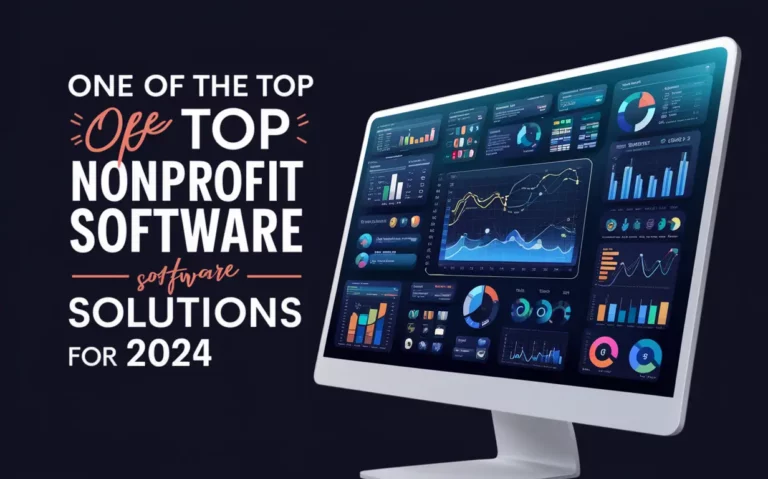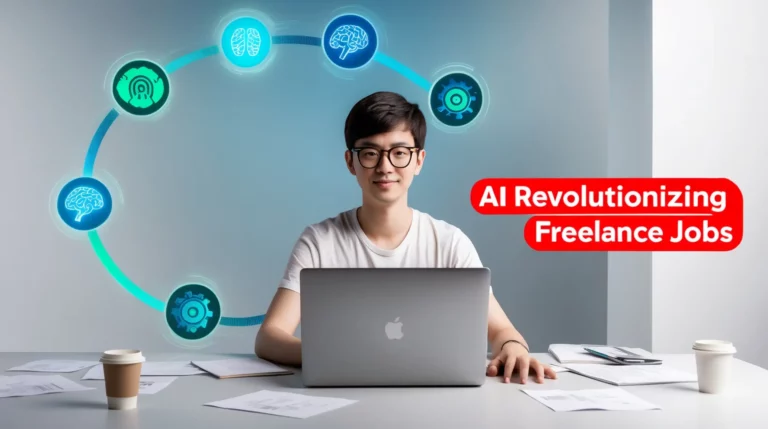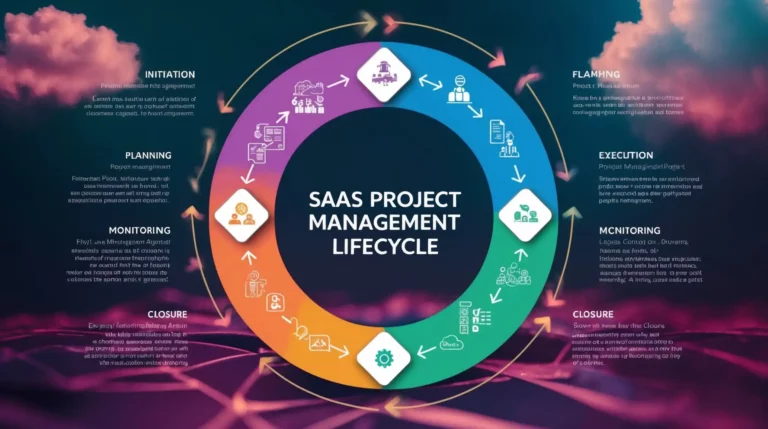Responsible AI: The PRISM Framework for Social Innovation 2024
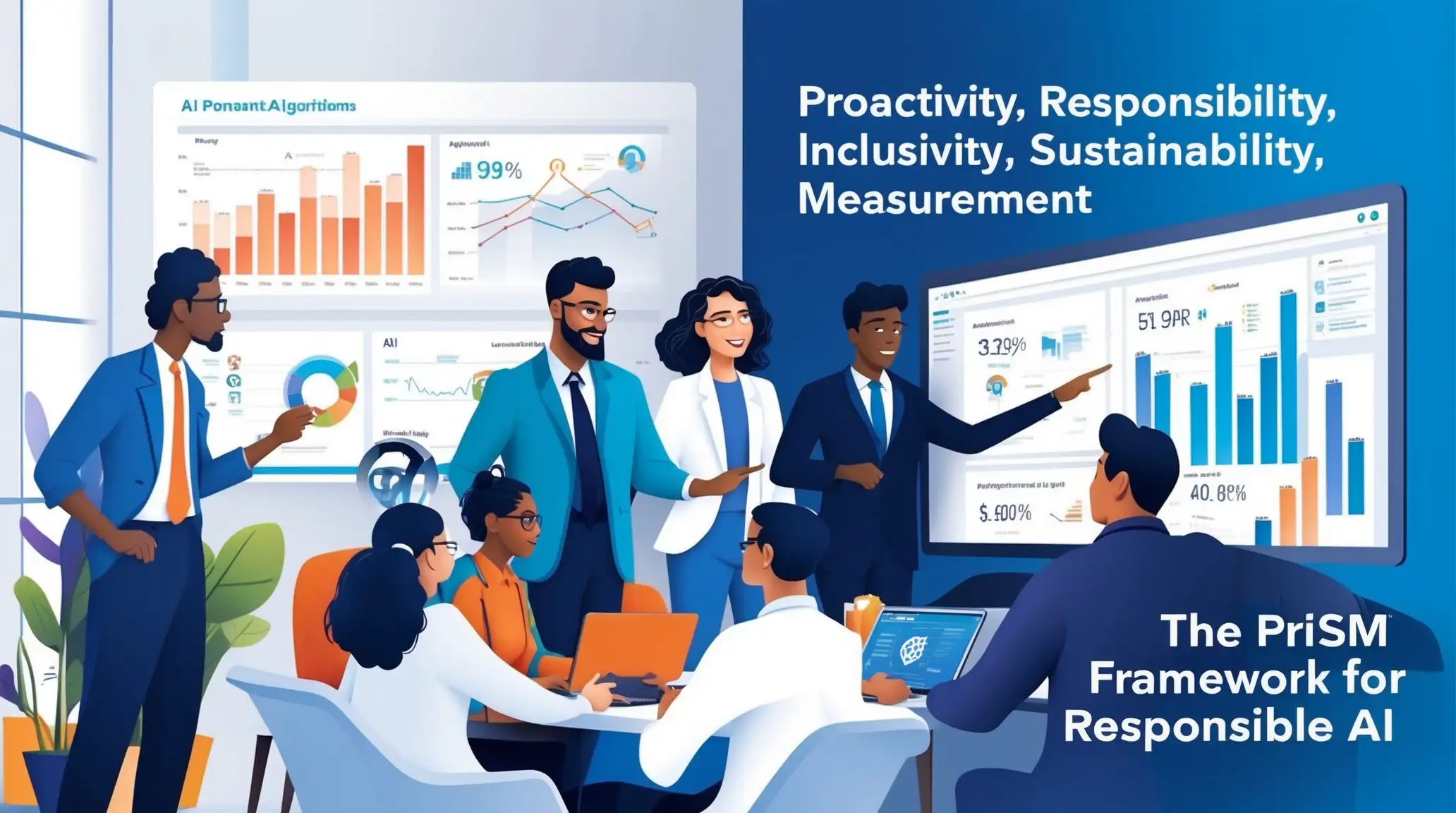
The conversation around responsible AI has gained momentum in recent years, particularly in social innovation. As we progress into 2024, the PRISM Framework stands out as a compelling blueprint for fostering responsible AI with a positive societal impact.
Our audience supports Ahcrypto. When you click on the links on our site, we may earn an affiliate commission at no extra cost to you. Learn More.
Key Takeaways
- Proactivity: Anticipate future challenges and create AI solutions that preemptively address societal needs.
- Responsibility: Ensure accountability at every stage of AI development and deployment.
- Inclusivity: Design AI systems that benefit a diverse range of people and address biases.
- Sustainability: Create AI solutions that are environmentally and socially sustainable.
- Measurement: Set clear metrics to quantify the impact and ensure the effectiveness of AI technologies.
Introduction
As artificial intelligence continues to revolutionize various sectors—from healthcare and education to agriculture and urban planning—the need for responsible governance in AI implementation becomes increasingly crucial. The World Economic Forum’s recently published PRISM Framework offers a structured approach for embedding ethical considerations and social responsibility into AI projects. This article delves into the PRISM Framework and highlights its key aspects to ensure that AI innovations yield positive and measurable societal benefits.
Key Elements of the PRISM Framework
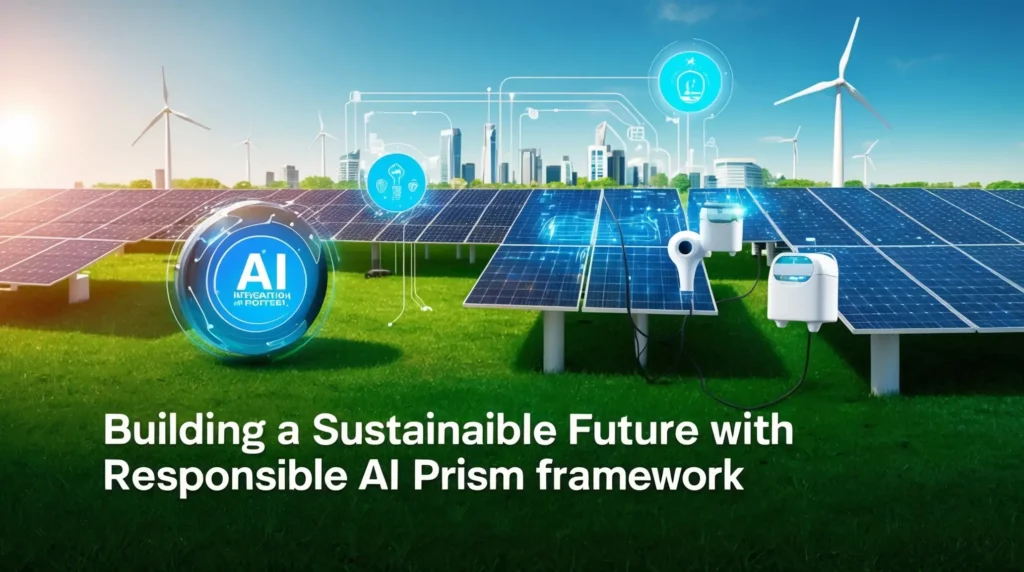
1. Proactivity
Proactivity involves anticipating future challenges and opportunities to create AI solutions that proactively address societal needs. By focusing on potential future impacts, innovators can design technologies that are functional, ethical, and socially beneficial. For instance, responsible AI advancements can foresee issues like data privacy concerns or algorithmic biases before they become widespread problems. This kind of forward-thinking approach is crucial for building trust and ensuring the long-term success of AI initiatives. By utilizing these AI tools, organizations can better predict and prepare for future technological and societal shifts.
2. Responsibility
The principle of responsibility is central to the PRISM Framework. It entails ensuring accountability at every stage of AI development and deployment. This includes setting up mechanisms for transparency, involving stakeholders in decision-making processes, and adhering to legal and ethical standards. With AI tools, organizations can track the entire lifecycle of their AI projects, ensuring that every step meets predefined ethical guidelines. The responsible AI institute provides valuable resources and frameworks to help companies maintain high accountability standards, ensuring that all AI applications are transparent and auditable.
3. Inclusivity
An AI system designed with inclusivity at its core aims to benefit the widest range of people. This involves incorporating diverse perspectives and addressing biases that could lead to unfair outcomes. Encouraging diversity in AI teams and integrating feedback from various stakeholders contribute to more inclusive AI solutions. For instance, AI development should include diverse datasets to train models, minimizing the risk of biased outputs. This allows organizations to monitor inclusivity metrics, ensuring their technologies equitably serve all population segments.
4. Sustainability
Sustainability in AI ensures that developments can be maintained over the long term without depleting resources. This principle is about creating sustainable AI solutions that balance technological advancement with environmental and social mindfulness. Responsible AI is a crucial aspect in this context, as it emphasizes the need to develop technologies that do not harm the environment or society in the long run. By adopting responsible AI tools, organizations can evaluate the environmental footprint of their AI operations and make necessary adjustments to promote sustainability.
5. Measurement
Finally, the measurement principle focuses on quantifying the impact of AI technologies. By setting clear metrics and continuously evaluating performance, innovators can ensure their solutions effectively meet benchmarks for social benefit. The responsible AI dashboard can be instrumental in this process, providing real-time insights into the performance of AI systems against established metrics. Regular assessments and stakeholder feedback are essential components of responsible AI development, enabling continuous improvement and ensuring that AI technologies deliver on their promised societal benefits.
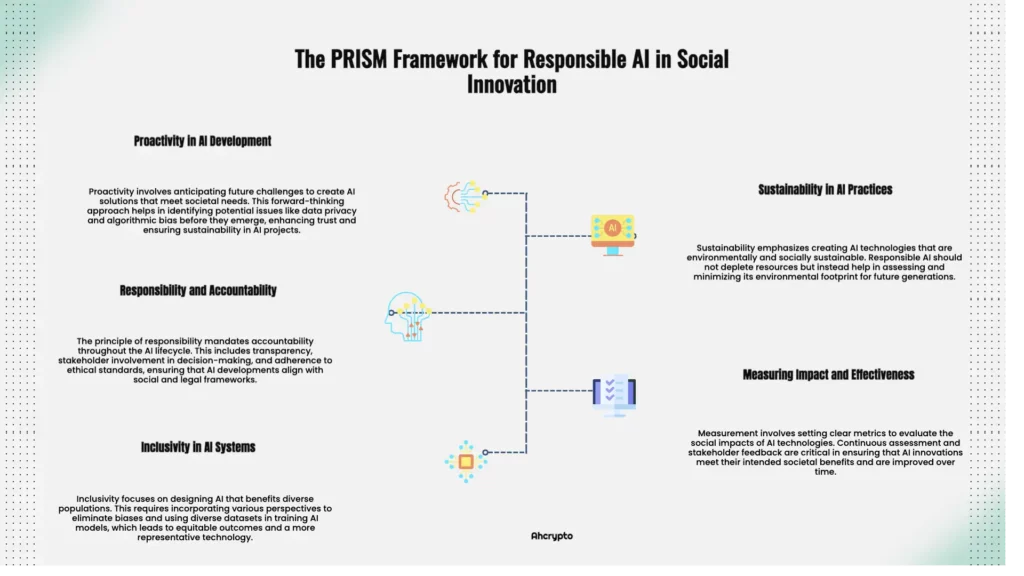
Conclusion
The PRISM Framework provides a comprehensive approach to fostering responsible AI in social innovation. By adhering to its principles of Proactivity, Responsibility, Inclusion, Sustainability, and Measurement, innovators can develop AI technologies that not only address current societal challenges but also pave the way for a more equitable and sustainable future. As we move forward in 2024, embracing such frameworks will be essential for realizing AI’s full potential in driving positive societal impact.
Keep updated on all of our latest tips here.
FAQ Section

Scott Evans
Hey there, I’m Scott Evans, your friendly guide at AhCrypto! I’m all about breaking down complex SaaS, AI, and tech topics into digestible insights. With me, you’re not just keeping up with the tech world; you’re staying ahead of the curve. Ready to dive into this exciting journey? Let’s get started!


